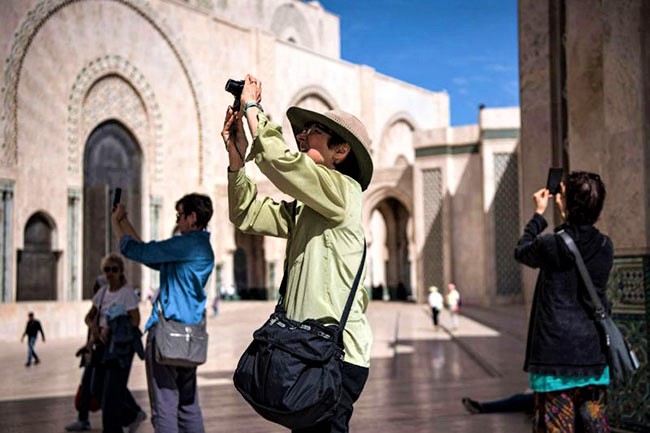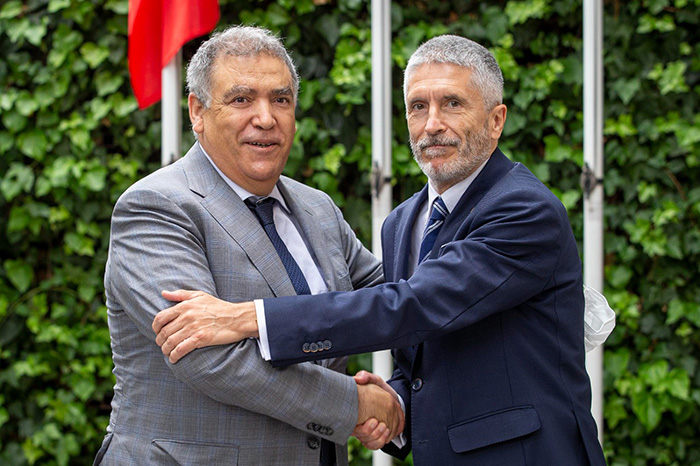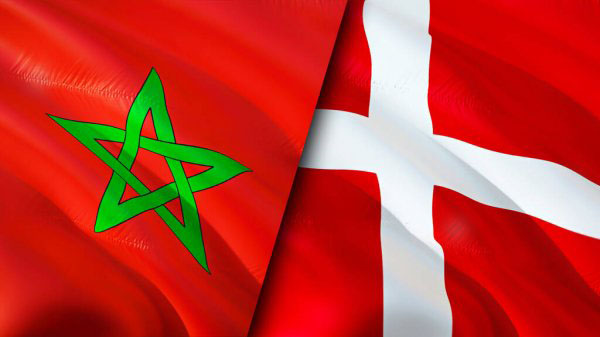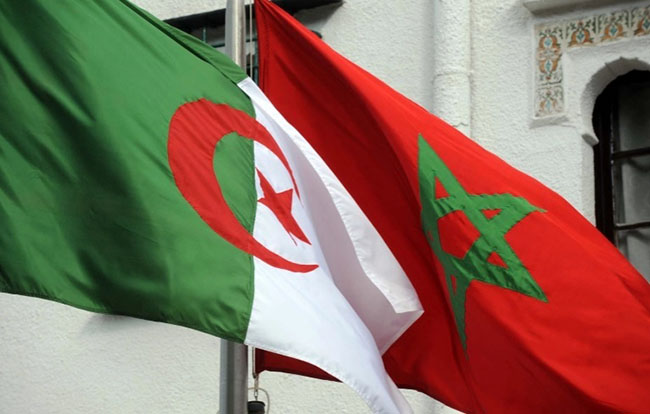Fierce clashes between Sudan’s military and the country’s powerful paramilitary force erupted Saturday in the capital and elsewhere in the African nation, raising fears of a wider conflict in the chaos-stricken country.
In Khartoum, the sound of heavy firing could be heard in a number of areas, including the city center and the neighborhood of Bahri.
In a series of statements, the Rapid Support Forces militia accused the army of attacking its forces at one of its bases in south Khartoum. They claimed they seized the city’s airport and “completely controlled” Khartoum’s Republican Palace, the seat of the country’s presidency. The group also said it seized an airport and air base in the northern city of Merowe some 350 kilometers (215 miles) northwest of Khartoum. The Associated Press was unable to verify those claims.
The Sudanese army said fighting broke out after RSF troops tried to attack its forces in the southern part of the capital, accusing the group of trying to take control of strategic locations in Khartoum, including the palace. The military also declared the RSF a rebel force and described the paramilitary’s statements as “lies.”
A military official told the AP that fighter jets took off from a military base north of Omdurman and attacked the RSF’s positions in and around Khartoum. The official spoke on condition of anonymity because he was not authorized to brief the media.
The clashes came as tensions between the military and the RSF have escalated in recent months, forcing a delay in the signing of an internationally backed deal with political parties to revive the country’s democratic transition.
Commercial aircraft trying to land at Khartoum International Airport began turning around to head back to their originating airport. Flights from Saudi Arabia turned back after nearly landing at the airport, flight tracking data showed Saturday.
Tensions between the army and the paramilitary stem from a disagreement over how the RSF, headed by Gen. Mohammed Hamdan Dagalo, should be integrated into the military and what authority should oversee the process. The merger is a key condition of Sudan’s unsigned transition agreement.
However, the army-RSF rivalry dates back to the rule of autocratic former president Omar al-Bashir, who was ousted in 2019. Under al-Bashir, the paramilitary force grew out of former militias known as janjaweed that carried out a brutal crackdown in Sudan’s Darfur region during the decades of conflict there.
In a rare televised speech Thursday, a top army general warned of potential clashes with paramilitary forces, accusing it of deploying forces in Khartoum and other areas of Sudan without the army’s consent. The RSF defended the presence of its forces in an earlier statement.
The RSF recently deployed troops near Merowe. Also, videos that circulated on social media Thursday showed what appeared to be RSF-armed vehicles being transported into Khartoum, farther to the south.
According to a statement issued by the Sudan Doctors Committee — a part of the country’s pro-democracy movement — clashes have led to ”varying injuries.” The military also said the fighting resulted in a number of casualties but provided no further details.
The U.S. Ambassador to Sudan, John Godfrey, wrote online that he was “currently sheltering in place with the Embassy team, as Sudanese throughout Khartoum and elsewhere are doing.”
“Escalation of tensions within the military component to direct fighting is extremely dangerous,” Godfrey wrote. “I urgently call on senior military leaders to stop the fighting.”
In Saturday’s statement, the RSF said it was contacted by three former rebel leaders who hold government positions in an apparent bid to de-escalate the conflict.
In a joint statement, civilian signatories to December’s framework agreement also called for an immediate de-escalation. “We call on the leadership of the Sudanese Armed Forces and the Rapid Support Forces to stop hostilities immediately,” it said.
Sudan has been marred in turmoil since October 2021, when a coup overthrew a Western-back government, dashing Sudanese aspirations for democratic rule after three decades of autocracy and repression under Islamist ruler Omar al-Bashir.
Source: AP






